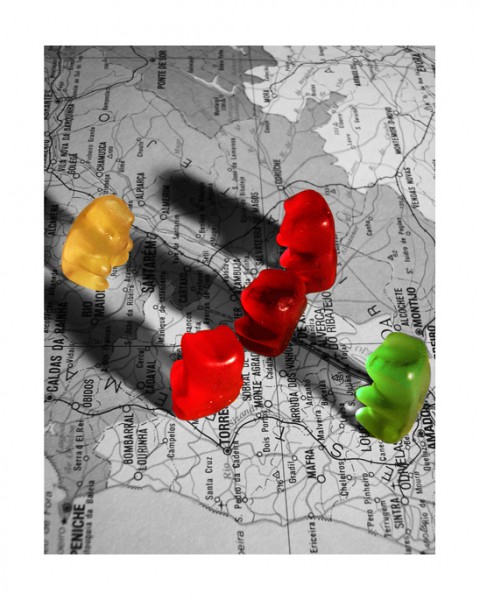Change your map, change your world?
September 17, 2012 Leave a commentBeth O’Neill, of Interaction Associates recently led a session on Neuro Linguistic Programming (NLP). It’s the only thing she has seen in her many years as a coach and consultant that actually helps people change beliefs. NLP gets at the deep structure of what we’re trying to communicate, rather than focusing on what comes out at surface structure of our communication. It explores how our thoughts, actions and feelings work together right now to produce our experience. It’s a practical way to get at the unconscious, looking at what’s running our patterns, and creating opportunities for us to make conscious changes that bring forth the outcomes we seek.
Beth outlined several major presuppositions, many of which sounded familiar to me given my experience with group work:
- The map is not the territory. In other words, there is a reality beyond our perceptions.
- My words came our fine. They were processed incorrectly by your brain! Or, there can be gaps between what’s meant, what’s “sent” and what’s heard.
- There’s no such thing as failure. Only feedback.
- Body and mind are a system; each affects the other. When we change our thoughts we can change how our body responds. When we change our body (as with breathing), we can change how we think and feel.
- Behavior is geared towards adaptation. To understand behavior, check out the underlying “map.”
- The person with the most flexibility of behavior will have the most influence in the system.
- Behavior speaks louder than words. If there’s a conflict, pay attention to actions not words.
- Language is a secondary representation of experience. If your choice of words doesn’t lead to being understood, you can make new choices.
- The ability to change the process by which we experience reality is often more valuable than changing the content of our experience of reality, and often more possible.
Are they familiar to you? While there is some disagreement about NLP’s usefulness in a therapeutic context, in the context of coaching, NLP tools (such as anchoring, state management and reframing) seem like powerful ways to create opportunities for reflection and conscious choice-making about not only our communications but the underlying thinking and state of being that produces them.
I carry a healthy dose of skepticism about relying on changing our inner states as a primary way to change how we relate to the world, and changing that world in the process. But NLP does seem promising as a useful, if not sufficient strategy for social change work. As we’ve said many times on this blog, the terrain for struggling for social justice is both “out there” and “in here.”
What’s your experience with NLP or its presuppositions? And, how can exploring our inner worlds enable us to deal more effectively with both the internal worlds of other people and the external worlds that we all inhabit?

No Comments